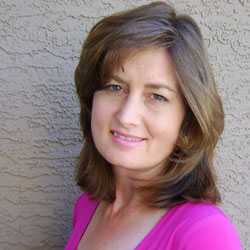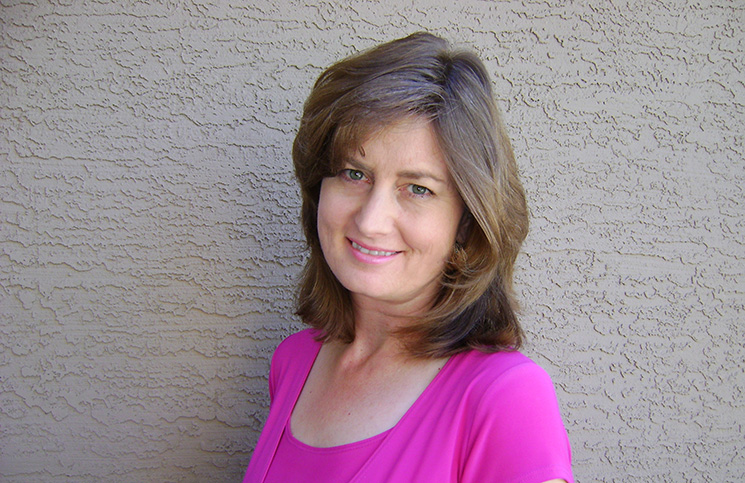Even now, four years after the day we lost him, I still hear the voice of my father resound within me day by day, guiding me through life’s twists and turns.
When I’m facing a difficulty, recalling his quietly spoken “This too shall pass.”
When someone is struggling, his heartfelt “How can I help?”
When the future seems uncertain, remembering his optimistic “The best is yet to come.”

Recently, a young man I’ll call Andrew told me of his desire to become a Catholic. He’d never been baptized or received any sort of religious education. We spoke about faith and finding Christ and I told him that for me, it was never difficult to imagine God as a Father since my own father was so loving and wise.
Andrew’s journey toward Christ was entirely different. With great pain, he revealed that his biological father abandoned him when he was a toddler and that life with his stepfather was far from happy. He grew up angry and confused, not understanding why his real father wanted nothing to do with him. In high school, he turned to drugs for solace from the pain.
These are the deep wounds that a father is capable of inflicting on a child, wounds that persist into adulthood. And yet, Andrew has discovered a longing in his heart for Christ and a deep desire to embrace the Catholic faith.
Tragic statistics
Recently, I spoke with Mike Phelan, director of the Office of Marriage and Respect Life for the Diocese of Phoenix, about this issue of fatherhood.
“As fathers, we’ve got this huge responsibility to be present, to image God the Father to our children,” Phelan said. The father wound, he explained, is painful and common, an abyss that many try to fill with bad behavior.
According to The Washington Times, 15 million children — one out of every three in the United States — live without a father. What is the future of a society where so many children grow up without fathers?
“Every social indicator we have, from crime to drug abuse to performance in school to future marriage prospects shows fatherlessness is a disaster,” Phelan said.
The statistics are grim. Young men who grow up without a father are twice as likely to end up in jail. Sixty-three percent of youth suicides involve fatherless homes. Seventy-one percent of high school drop-outs come from fatherless homes. (See Fatherhood.about.com for more details on these disturbing numbers.)
“It’s not just that dad’s missing — it’s that dad decided not to be part of my life,” Phelan said. After a war, he emphasized, a lot of dads are missing, but “he was doing something noble — it wasn’t that he just doesn’t love me.”
This summer our Holy Father, Pope Francis, spoke eloquently about the high calling of fatherhood.
“When a man does not have this desire [for fatherhood], something is missing in this man. Something is wrong. All of us, to exist, to become complete, in order to be mature, we need to feel the joy of fatherhood: even those of us who are celibate. Fatherhood is giving life to others… For us, it is pastoral paternity, spiritual fatherhood, but this is still giving life, this is still becoming fathers,” the pontiff said.
As millions struggle with the pain of fatherlessness, we ought to remember to pray for all fathers, including our priests, through whom we encounter God’s healing love.
For those of us who have fathers who stood by us and loved us, who supported us and taught us to love, it is a reminder of our duty to promote and support the vocation of fatherhood. Jesus tells us in Luke 12:48 that “much will be required of the person entrusted with much.”
Love comes to us through a person. Love was made real to me through my father, the father of my children and the priests who are dear to me. Let us pray that every person will encounter the life-giving love of God, the greatest Father of them all.







